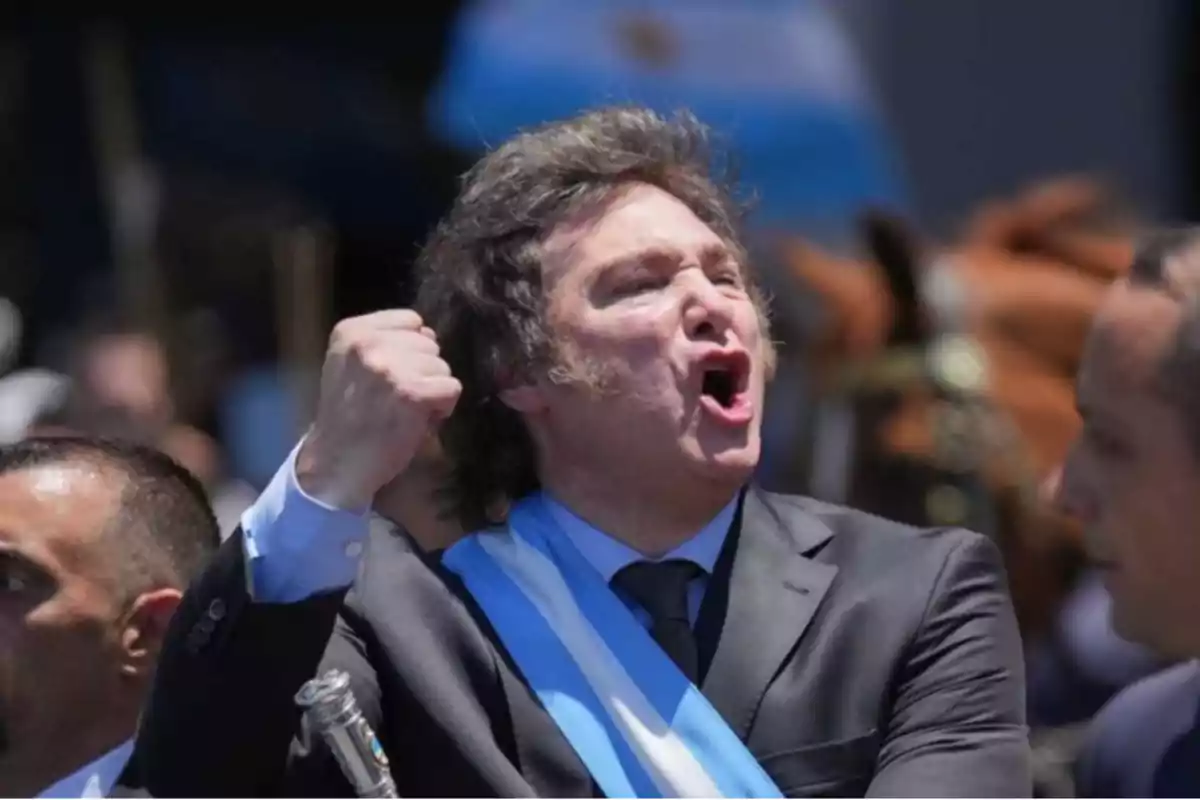
The Economist praised Milei's economic plan and his agreement with the IMF
The renowned British media outlet stated that the country 'was never so close to being normal.'
In a recent editorial, The Economist analyzed the new economic direction driven by President Javier Milei and noted that Argentina "has never been so close to becoming a normal economy."
The prestigious British media highlighted the Government's progress in fiscal, monetary, and exchange matters, as well as the credibility gained with the International Monetary Fund after the recent agreement reached.
Structural reforms and economic shift
The article begins by reviewing the situation inherited by Milei: high public spending, uncontrolled inflation, and a complex exchange control scheme. In contrast, it points out that the libertarian Government managed in a few months to significantly reduce spending and lower inflation, while a deep recession gives way to signs of sustained growth. "The poverty rate, which had reached 53% at the beginning of 2024, fell to 38%, below the level recorded at the start of his term," stated The Economist.

"Many of Argentina's 22 previous programs with the IMF ended in failure. Milei's track record gives some credibility to his insistence that this time will be different," they analyzed.
In addition to celebrating fiscal advances, the media emphasizes that now the president aims to solve one of the main obstacles of his economic plan: capital controls and the overvaluation of the peso.
Flexible exchange regime and global challenges
With the confirmation of the new agreement with the IMF, which involves an initial disbursement of 12 million dollars, the Central Bank will be able to maintain a more flexible exchange regime. However, the editorial warns that it is a "bold but risky strategy," and mentions that, after the announcements, the peso fell by 12%, settling at 1,230 per dollar.
The reduction of capital controls could stimulate foreign investment, although it also represents the risk of abrupt fund outflows. Even so, it is noted that Argentine bonds in dollars rose by about 3%, indicating a positive reception from the markets.
"The reforms should allow the Central Bank to accumulate its own reserves, and not just those borrowed from the IMF," the analysis states, referring to the goal of returning to issuing debt in international markets in 2026.

Global and political context: uncertainties and support
The editorial also highlights external factors that could hinder the path, such as the drop in oil and agricultural product prices, resulting from the trade war driven by Donald Trump. This situation, they point out, affects two of Argentina's main exports and complicates the accumulation of reserves.
In this scenario, the recent visit of the United States Treasury Secretary, Scott Bessent, is interpreted as a "gesture of support" for Milei's economic program.
On the domestic front, The Economist mentions that the president keeps an approval rating of 45%, although lower than at the beginning of the year, and warns that the markets will closely follow the upcoming regional and legislative elections. The lack of a solid coalition and disagreements with the PRO are pointed out as political risks that could facilitate a potential advance of Peronism.
"No structural reform is more important for Argentina than abandoning the economic policies of radical Peronism," they quote Alejandro Werner from the Peterson Institute.
The editorial's conclusion is forceful: "The path is difficult, but for now, surprisingly, Milei seems closer than ever to achieving his economic transformation."
More posts: